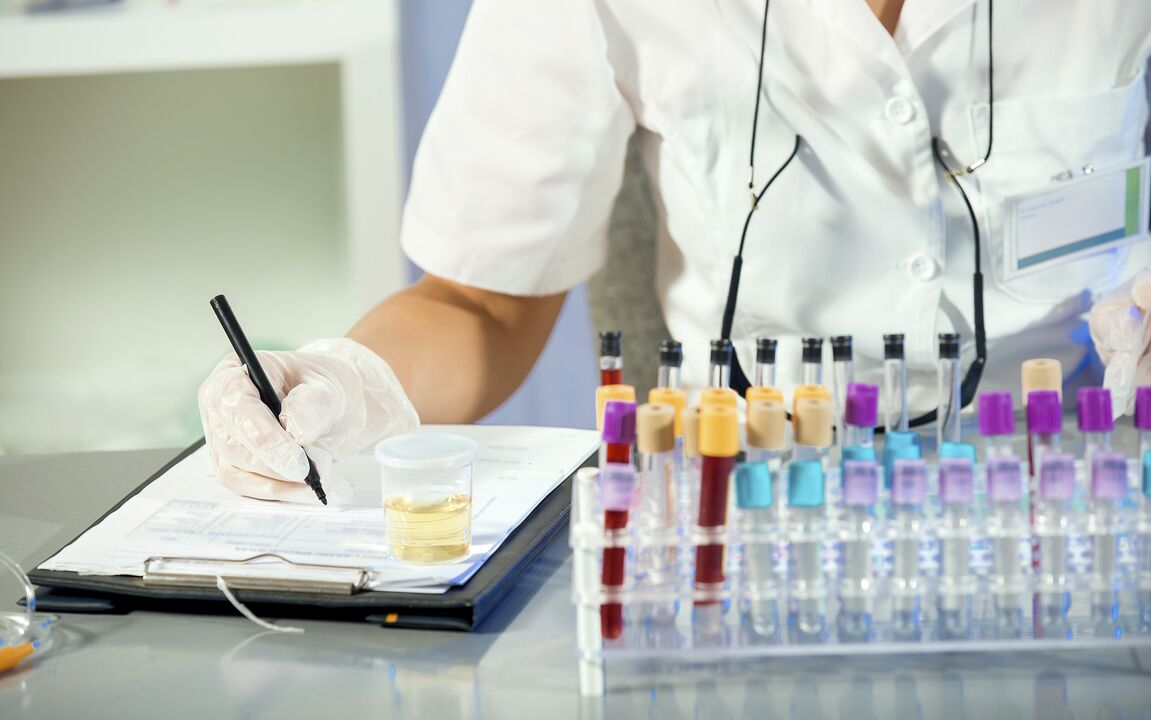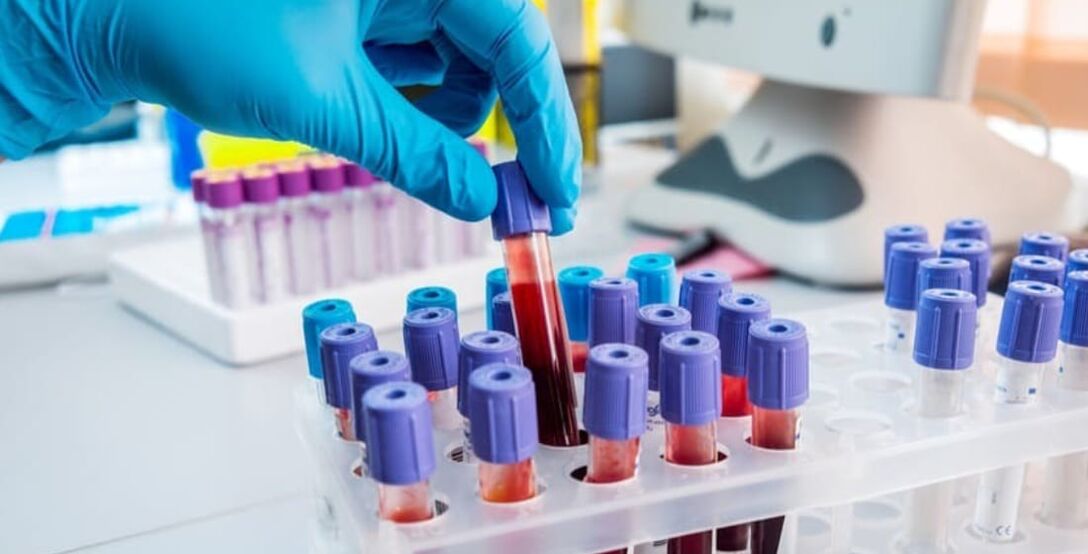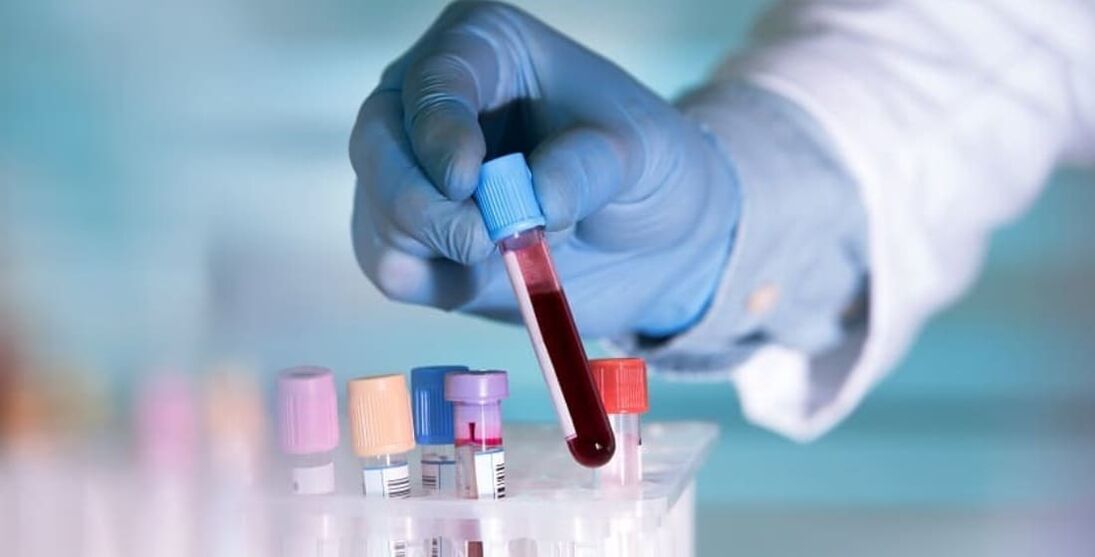
The most important step in treating a disease quickly is diagnosis. The laboratory tests carried out on time enable us to provide the most precise information about the course of the disease. In order to achieve this, preparatory measures are required. Most of our compatriots have a natural interest: How does ethanol affect the accuracy of analyzes?
Does alcohol affect the blood test?
Alcohol can changeBlood composition:
- reduce the number of red blood cells and hemoglobin indicators,
- reduce the urea content,
- lower lactate levels,
- Lower glucose levels,
- increase the proportion of triacylglycerols.
Alcohol can make the blood more viscous and increase its rates of thrombosis. An increase in the number of adherent cells and red blood cells can be interpreted as megaloblastic anemia.
The largest discrepancies in the event that you consume alcohol before testing is shown by blood biochemistry. A decrease in uric acid is a consequence of a violation of the circulatory mechanism. An increase in the concentration of triacylglycerols - indicates the presence of ischemia or hepatitis.
So that the tests for alcohol do not mislead doctors, it is necessary to inform the specialist about this condition in the event of a referral.
Not only can alcohol falsify test results, it can falsify the operation of equipment in the laboratory. The effect of reagents on ethanol adulterates blood sugar levels, which makes it impossible to start treatment for diabetes mellitus in a timely manner.
How alcohol affects the tests
Ethanol is not the main condition that needs to be eliminated before going to the laboratory. Not only smoking or eating before the test, drinking alcohol can also affect the accuracy of the instruments.
The falsification of the analysis under the influence of ethanol can render the diagnosis ineffective. The more alcohol is consumed, the less objective the result will be.
General analysis

Exposure to alcohol can distort the resultsin this way:
- destroy red blood cells,
- sometimes raise cholesterol by 80%,
- lower the level of hemoglobin as the concentration of red blood cells also decreases.
If you consume alcohol immediately before this analysis, the number of red blood cells (red blood cells that carry oxygen to all organs or tissues and carry carbon dioxide back) is most likely to be reduced.
Alcohol breaks down the red blood cell membranes, preventing their natural random movement and reducing rejection. Red blood cells begin to stick together. Their concentration in plasma decreases, which leads to a decrease in hemoglobin parameters. The clumping of red blood cells leads to the appearance of blood clots and a decrease in blood microcirculation in the vessel.
The blood becomes thicker after the alcohol enters. Its ability to penetrate the lumen of the capillaries decreases due to the clot that appears. This situation is dangerous to human health and life, and prevents a full study of the composition of the blood.
In the liver, lipid production decreases under the influence of alcohol. This reduces the properties of the plasma. Such indicators play a major role in the patient's preparation for surgery. Accurate analysis is essential to ensure that the patient's health is monitored if they have had a serious infectious disease or while large areas of wounds are healing.
Blood tests that will be donein less than 12 hoursafter ingestion of alcohol, it can only accurately show general poisoning. Decreased hemoglobin indicates megaloblastic anemia only. However, the doctor may withhold the diagnosis and refer to the patient's recent consumption of alcohol.
Biochemical indicators
Alcohol has the strongest effect on the biochemical blood test. This analysis is the most complete. With its help, you can find out what substances are urgently needed by a person and what there are many and which urgently need to lower their concentration.
The result of biochemical research under the influence of alcohol changesin this way:
- the amount of urea in the blood decreases,
- Data on the uptake of oxygen by the body's cells are violated,
- quantitative indicators of glucose suffering.
The latter factor can endanger the patient's life, as diabetes mellitus is diagnosed late.
The increased urea background is also caused by the consumption of alcohol. Skewed content indicators can hide severe circulatory disease leading to hemorrhagic shock or acute heart failure. Since urea is involved in nitrogen excretion, its increased concentration is a sign of gout and polyarthritis. The accuracy of the diagnosis can only be satisfactory with abstinence from alcohol prior to testing.

Drinking alcohol before the procedure can lead to increased levels of triacylglycerin in the bloodstream. This neutral fatty substance found in the bloodstream indicates pathological processes,like:
- Arteriosclerosis,
- Ischemia,
- Cerebral artery thrombosis,
- Viral hepatitis.
Most doctors exclude alcohol-containing medicines from taking drugs on principle, before drawing blood from a patient. However, it is believed that alcohol helps identify the presence of an infectious disease. But even the smallest dose of ethanol falsifies the test results and makes it unsuitable for the doctor.
According to the stories of nurses and doctors, most people do not admit to alcohol before the test. Another side factor that shows up when testing people who drank alcohol the day beforeare:
- Fainting,
- strong headache
- Nausea.
The amount of blood drawn from a vein from the body is negligible. His loss is not a problem for a person. However, if the patient comes to the test after taking alcohol, the metabolism is usually disturbed and the blood circulation in the brain restricted.
Uptake of veins can lead to a lack of oxygen in the brain. This can make you feel dizzy or faint. After that, the patient may have a headache for a long time.
Alcohol poisoning can disrupt the digestive tract. The patient may vomit in the doctor's office or laboratory from the smell of alcohol or chlorine used for disinfection.
Glucose test
Examining blood sugar levels is necessary for people with endocrine disorders. Blood is drawn from a finger. If the patient has drunk liquids containing alcohol before the blood sample is taken, the blood will thicken and the pressure will decrease. This makes it difficult to draw blood and increases the risk of thrombosis.
Alcohol exposure is a negative factor for liver cells. It also negatively affects laboratory equipment and reagents. This makes the result inaccurate. The sugar level can be increased or decreased depending on the current situation.
One gram of alcohol can change the number of calories by 7, which is explained by the rapid penetration of ethanol into tissues and body fluids. Sugar indicators are increased in this case.
Alcohol becomes the cause of low sugar levels.About 2. 5 hoursCarbohydrates from food provide stable data on blood sugar. For the rest of the time, glucose is produced by the liver, which attracts the body's energy source. Alcohol disrupts normal metabolic processes and causes hypoglycemia.
Blood sugar levels normalizeafter 1 or 2 days. . . If the patient is at risk of diabetes mellitus, then it is important for him to give the doctor a normal picture. In another case, the doctor will attribute high sugar levels to drinking alcohol. The time when health can be improved is being missed.
Can I drink alcohol before the test?
Under no circumstance. Alcohol changes the test result. The most important thing is to completely avoid liquids containing alcohol before a major operation.
Sometimes a small amount of alcohol can be consumed before the tests. The doctor will discuss this condition with the patient at the appointment in a one-on-one conversation.
In any case, the recipient does not need to consume any alcoholic beverages 48 hours before the analysis. During this time, the human body is given the opportunity to recover.
When testing for HIV, hepatitis B or C and syphilis, the time in which the patient must be completely fasted increases to 72 hours. Otherwise the analysis result will be distorted.
If the laboratory assistant or the doctor receives information that the patient has been drinking before the tests, the blood donation will be postponed. If information appears later, the analysis will be repeated when there is no more acetaldehyde in the bloodstream.
The only option, if alcohol does not affect the result, is considered to be the alcohol poisoning analysis, which is carried out on vehicle drivers and some categories of workers. This test is done without preparation or warning in order to get an objective picture. In all other cases, you can only drink water before the test.


























